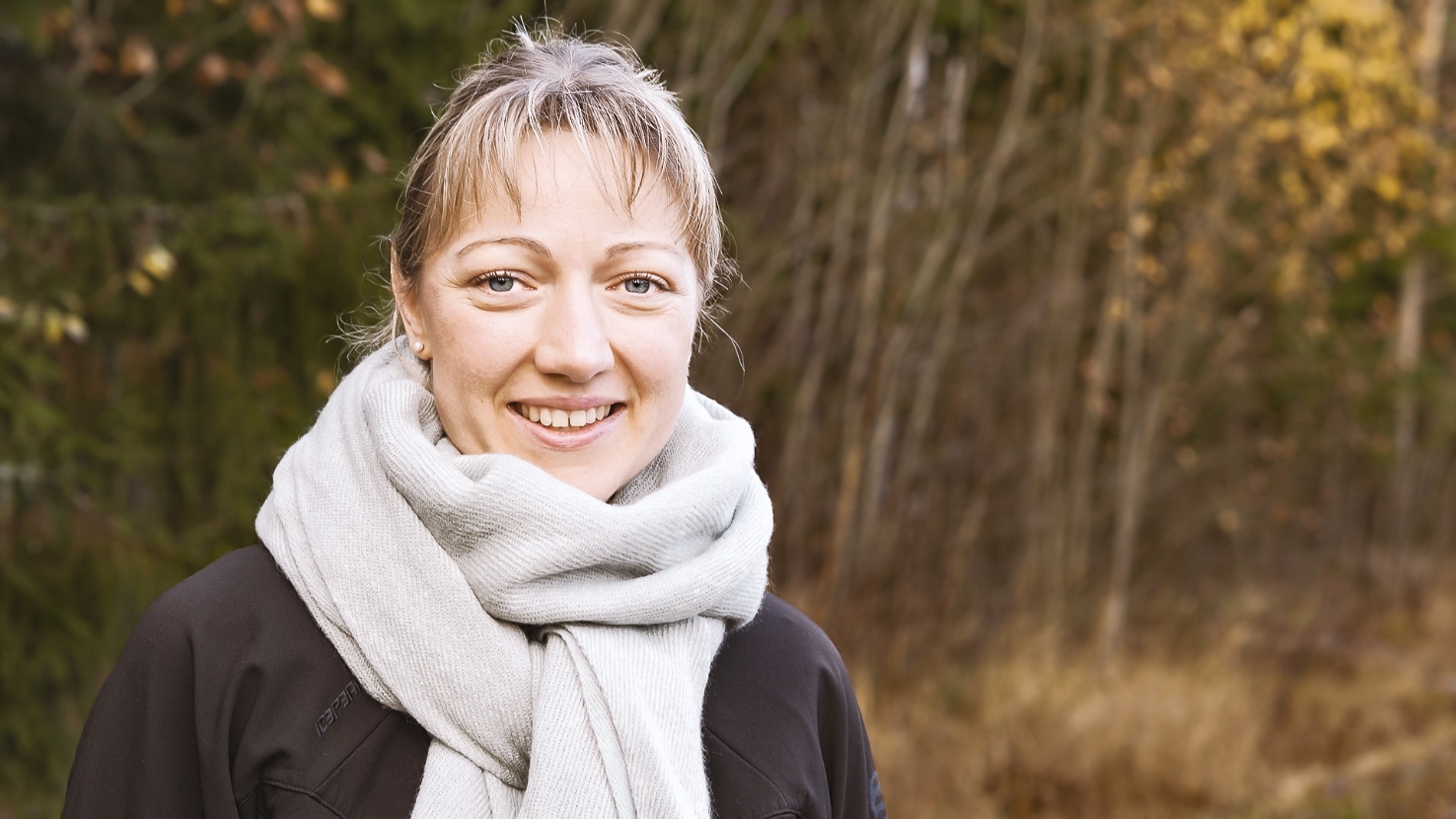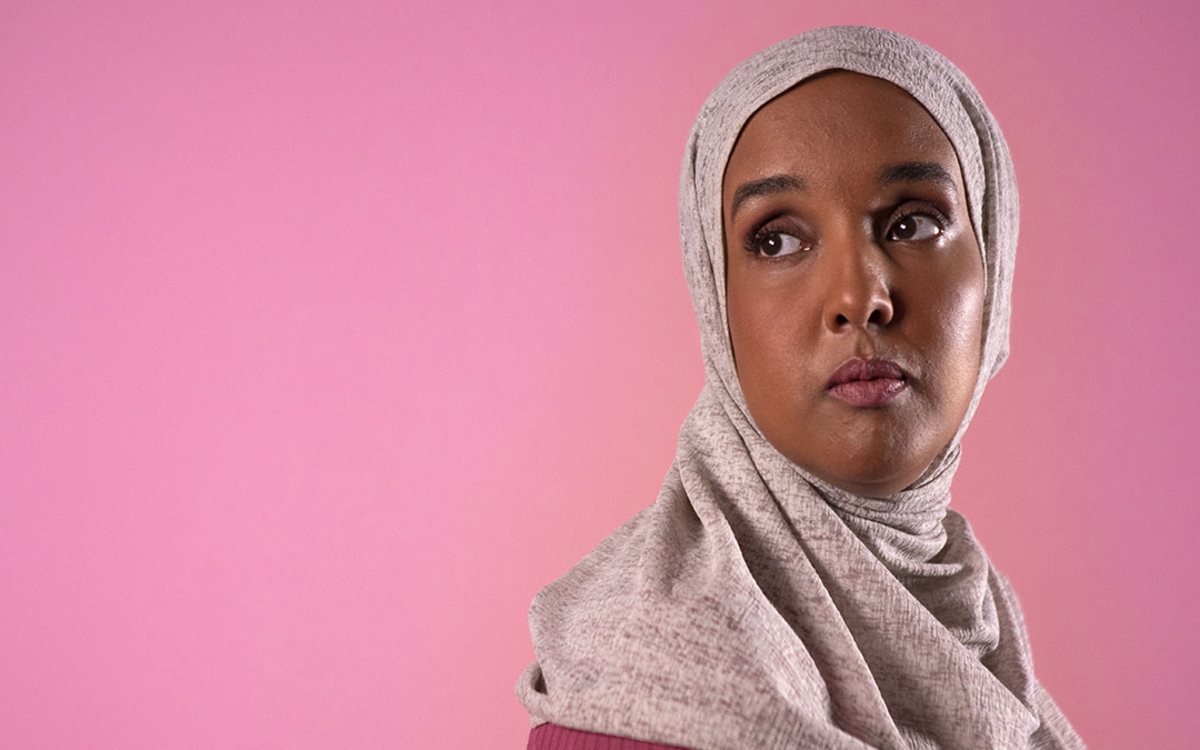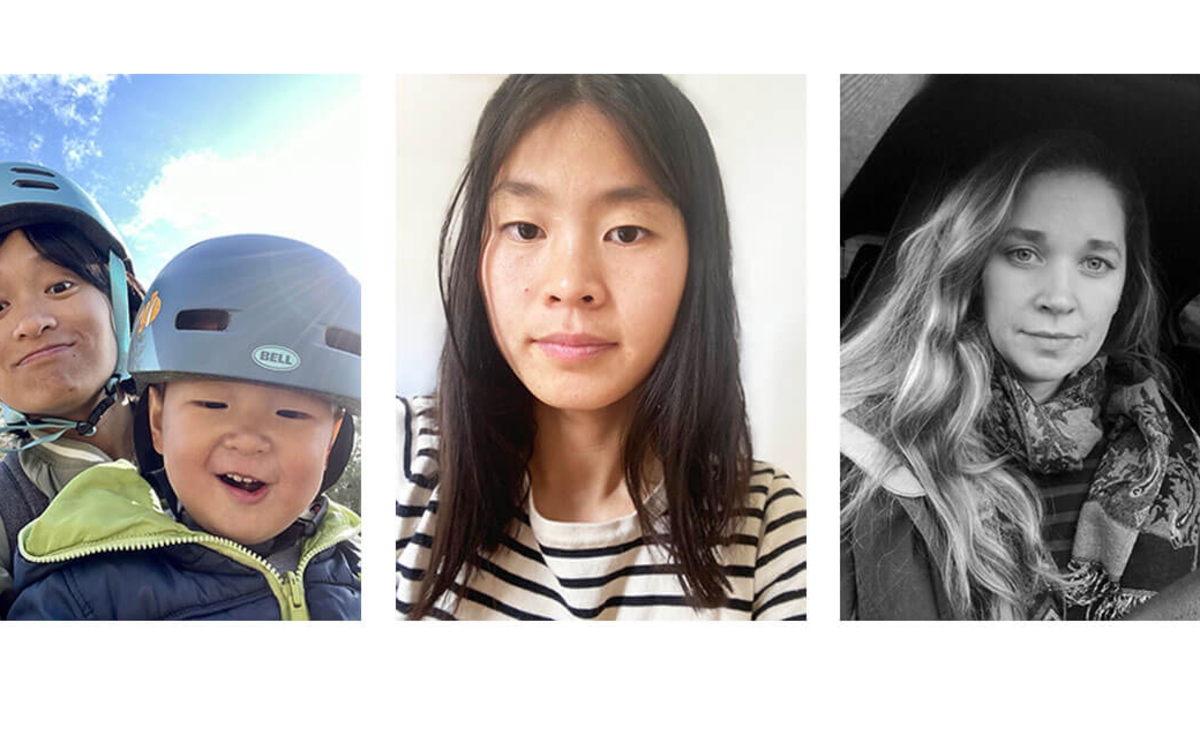Degree Programme in Social Services
Welcome to a career that will empower, engage, and promote wellbeing and creativity! Study social services in a supportive and diverse degree programme in English that will support and develop your personal and professional growth.
This is a programme with English as the teaching language. The next joint application period for this programme will be announced later.
Basic information
- Degree programme: Bachelor's Degree Programme in Social Services
- Degree title: Bachelor of Social Services
- Duration of studies: 210 cr, 3,5 years
The next application period: Will be announced later.
NOTE: All applicants for the Degree Programme in Social Services are required to have basic Finnish skills (level B1) and English skills (level B2).
See the certificates required for applying here.
Why study in Laurea and at the Tikkurila Campus?
- Our unique Learning by Developing model ensures authentic work-life learning.
- Our service promise “We are here for you”
- The Tikkurila Campus is easily accessible within the metropolitan area
Why study social services?
- Diverse, engaging and rewarding career possibilities.
- A career that supports client empowerment and promotes wellbeing and creativity.
- High employment possibilities.
Why study in English and in a diverse group?
- The social services field increasingly requires multicultural competences and multidisciplinary cooperation.
- Diverse ideas and backgrounds create a dynamic, creative and engaging learning environment.
- The learning environment facilitates both personal and professional development.
The Bachelor’s Degree Programme in Social Services will provide you with the skills and tools to work with clients from diverse backgrounds. In addition, the experiences of working in a multicultural learning environment will give you an advantage in the job market after your graduation. If you are interested in working with clients, empowering them and promoting their welfare throughout their different life stages, then studies in Social Services are just for you.
Studying is practically oriented including projects with diverse clients and organisations. Throughout your studies, you develop your own study path that is supported by your tutor teachers. So, through experience and participation in different courses, internships, and projects, you can find the client group or area that interests you professionally. The studies are organised at our Tikkurila campus close to the Helsinki metropolitan area that provides a huge range of internship and work possibilities. The campus is located next to the Tikkurila Railway station and can be easily reached by public transport.
Studying in the Social Services Programme
This degree programme is implemented as blended learning, which means a combination of on-campus and online teaching. Studying requires self-direction, group and networking skills, and the ability to schedule studies to fit one's life. Although blended learning focuses on online and remote teaching, it also includes on-campus teaching and scheduled online meetings with mandatory attendance. Blended learning studying is full-time, so sufficient time must be allocated for studies. The studies also include internships. The internships are full-time and require attendance.
During your studies, you will get to work with students from other degree programmes as well as exchange students from around the world. In addition, studying in English and experience of working in diverse and multidisciplinary groups provide competences that are highly valued in the job market. And, of course, if your first language is other than Finnish, your Finnish language acquisition will be supported and facilitated throughout your studies to ensure you have the required competences for the Finnish jobs market.
Employment and work placements
There are three compulsory internships during the studies, which allow you to practice and experience working with different client groups and places. Employment opportunities for a Bachelor of Social Services graduating from Laurea are very good and having a bachelor's degree in social services is a requirement for many jobs within the social services field. This social services degree in English is equivalent to the sosionomi qualification from the Finnish language social service degree programme.
Career guidance by Laurea experts will be provided to support your study path. This includes, for example, CV and application letter workshops, career counselling and a career centre for finding employment.
Work in the field emphasises the competences and understanding of a client-oriented approach, preventive work, initial support and promotion of health and welfare.
Graduates can find work in different areas within the social services field:
- child and family welfare,
- elderly care
- youth work,
- adult welfare,
- substance abuse and criminal work,
- immigrant work,
- early childhood education and care,
- international organizations and the third sector,
- working with people with learning and physical disabilities,
- mental health
- establishing own company or services.
Possible job titles for a Bachelor of Social Services include:
- Social counsellor
- Family welfare counsellor
- Service counsellor
- Youth leader
- School counsellor
- Organizational worker
- ECEC Social Pedagogue
Further studies
After completing your bachelor’s degree, it is also possible to apply for a master’s programme either at Laurea or other higher education institutions to continue your studies. Your study path can continue all the way to a doctoral degree if you want.
Laurea offers one Master’s Degree Programme in English suitable for graduates of the Bachelor’s Degree Programme in Social Services. For more information about the Master’s Degree Programme in Global Health and Crisis Management, visit the programme website >>
Laurea rewards excellence
Students who complete their Bachelor's degree within the target time and with at least good grades will be granted separate study rights for Master's degree studies.
Internationality in studies
Internationalisation is fully integrated and facilitated in the Social Services programme. The degree programme consists of students from diverse backgrounds, and some courses can also integrate students from other degree programmes within Laurea. Laurea also has manyd exchange students yearly from around the world, who also take part in the same courses and groups. In addition, some of the projects during studies may be conducted with international organizations. It is also possible to conduct studies or internship abroad, and to facilitate this Laurea has an extensive network of international partners.
Depending on your background and need, social services studies also include Finnish language courses, and practice during projects and studies. Language courses are working life-oriented, and you will learn language through everyday activities. Other working life-orientated languages can also be studied such as Swedish, French, Spanish and German
Programme structure
Studies consist of core competence and complementary competence studies totalling 210 ECTS. You can target your interest and develop competences you see as important by means of selecting complementary competence studies, participating in various projects, and choosing your internships and planning your thesis subject. You gain credits by completing study units and projects. Credits can also be gained through recognition of prior learning or competence demonstrations.
The special feature in this degree programme is that practical training is a significant part of studies: 45 ECTS. This includes three internships each with at least 10 weeks of full-time work . The first internship focuses on working with clients, the second on methods and the third on research and development of work.
Core Competence
Core competence studies will give you an understanding of the fundamentals of different areas of social services, and are obligatory for all students. The scope of core competences is 150 ECTS.
They include the following modules:
-
Working with Clients in Social Services (30 ECTS)
This module gives you the needed skills for interaction and supporting a client in various life situations. You will learn to analyse the needs of a client depending on their age, life situation and cultural background. This module also improves your language skills and professional communication skills, and you will learn to prevent exclusion, build relationships, and guide a client .
-
Service Systems, Inclusion and Developing a Better Society (30 ECTS)
During this module, you will learn the service systems that support welfare and social security. You will also become familiar with the relevant legislation. After completing the module, you can facilitate the cooperation between clients and other actors. Furthermore, you will learn to identify the elements that affect social exclusion and poverty and recognize the needs for change.
-
Approaches and Methods of Work in Social Services (30 ECTS)
This module will offer you the capability to apply and assess theoretical and methodological approaches of working with clients . You will learn to adapt the methods to support the inclusion of a client . Also, you will be able to act in varying working groups and enhance a client’s safety network.
-
Developing Client-oriented Social Services (30 ECTS)
This module offers you various capabilities to work individually and in groups. Preparing and carrying out research and supporting career development are the main competences of the module. You will learn to participate in different projects in work life and to offer solutions for challenges at workplaces. Moreover, reporting the research and development results play a significant role.
-
Expert in Development and Workplace Innovation (30 ECTS)
This module offers you various capabilities to work individually and in groups. Preparing and carrying out research and supporting career development are main competences of the module. You will learn to participate in different projects in work life and to offer solutions for challenges at workplace. Moreover, reporting the research and development results are in a significant role.
Complementary competences
The remaining 60 ECTS consist of elective complementary competence studies. Complementary studies give you the possibility to focus your specialization on specific fields within social services that you find interesting and useful. At least 30 ECTS of the complementary competence studies need to be related to social services.
-
Health and wellbeing from a global perspective (30 ECTS)
You will gain expertise on different innovative solutions and best practices aimed to promote health and wellbeing globally, on an individual, community, and society level. You will be able to recognize the impact of globalization on health and wellbeing and to increase your awareness of ethical knowledge, values, principles, legislation and recommendations in global health and wellbeing policies.
-
Empowering multicultural clients (30 ECTS)
In this study module, students will be able to gain expertise in multicultural and global social services and the best practices aimed at promoting multicultural clients' overall wellbeing and empowerment. Students will be able to recognize the impact of globalization on multicultural clients' wellbeing and to increase their awareness of ethical knowledge, values, principles, legislation and recommendations in global social service policies. Students will become acquainted with creative methods and client empowering communication as well as multicultural family work and mental health promotion and further develop innovative and future-oriented solutions for sustainable service design.
-
Competence of a bachelor of social services specialised in early childhood education and care (30 ECTS)
This module deepens your knowledge in working with children. You will be able to plan, guide and assess the pedagogic action and environment to respond to children’s needs. You will also learn to discover the individual needs of a child or a family concerning their growth and learning and to apply different methods into education and parenting.
It is also possible to choose complementary study units from Laurea’s complete study offering or from the available study offering of other universities (3AMK studies or CampusOnline).
See the curriculum
Tuition fees and scholarships
This programme has no tuition fees for EU students.
Non-EU/EEA area students in degree programmes taught in English are charged tuition fees.
Tuition fee: €9 500/ academic year for non EU/EEA students.
Read more about the tuition fees and scholarships
Would you like to lean more about our degree programmes?
In the Laurea newsletter, you’ll receive information about Laurea’s bachelor’s and master’s degree programmes as well as the application process. We send the newsletter whenever the application period is approaching.
More information:
- Anu Lindström
- Specialist
- Anu.Lindstrom@laurea.fi
- Tel (09) 8868 7771
Alumni story: Mónika Kis
Not open for application
Will be updated later
How to apply
Apply for our degree programmes in English
Read more here about the application process.
Read the instructions

